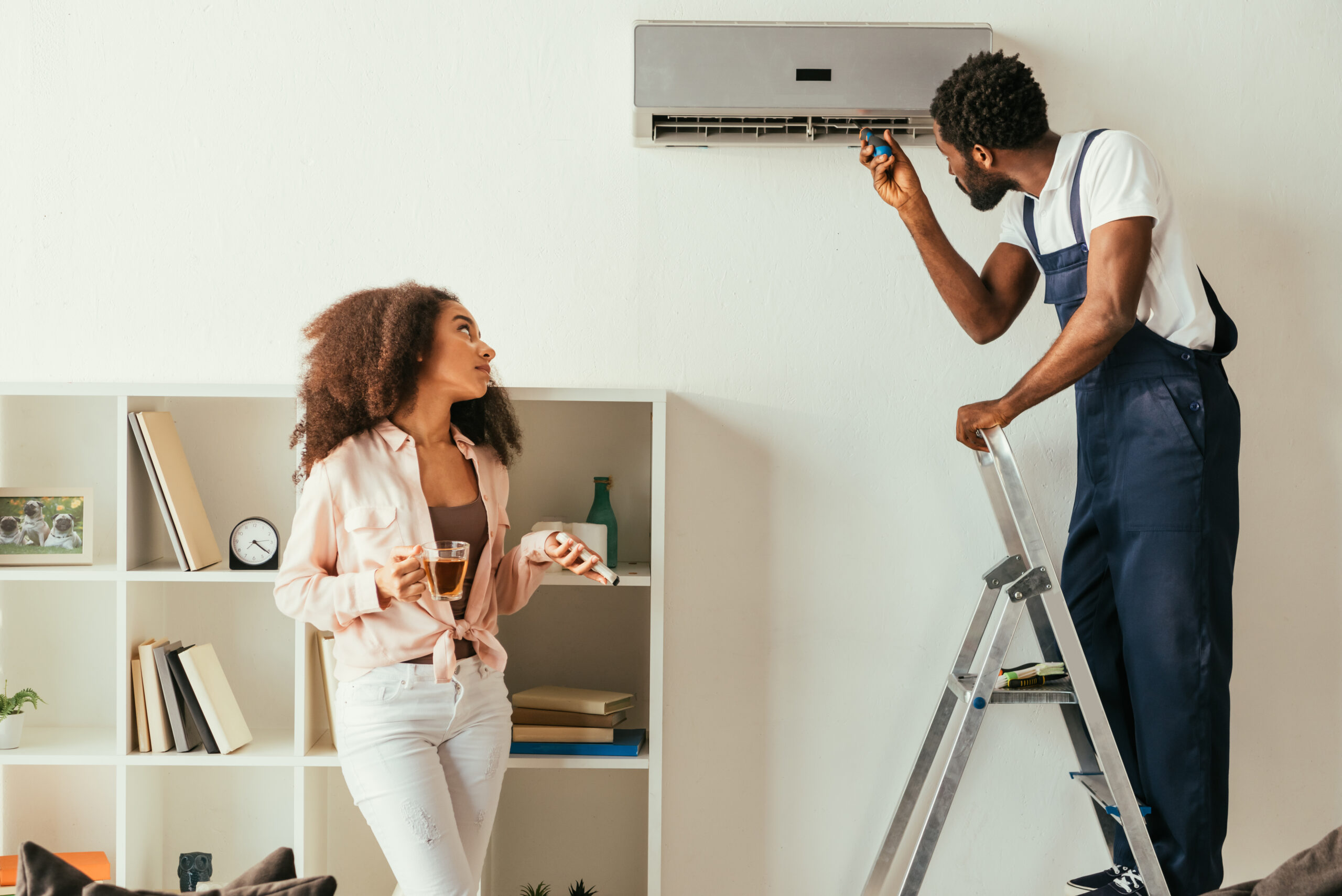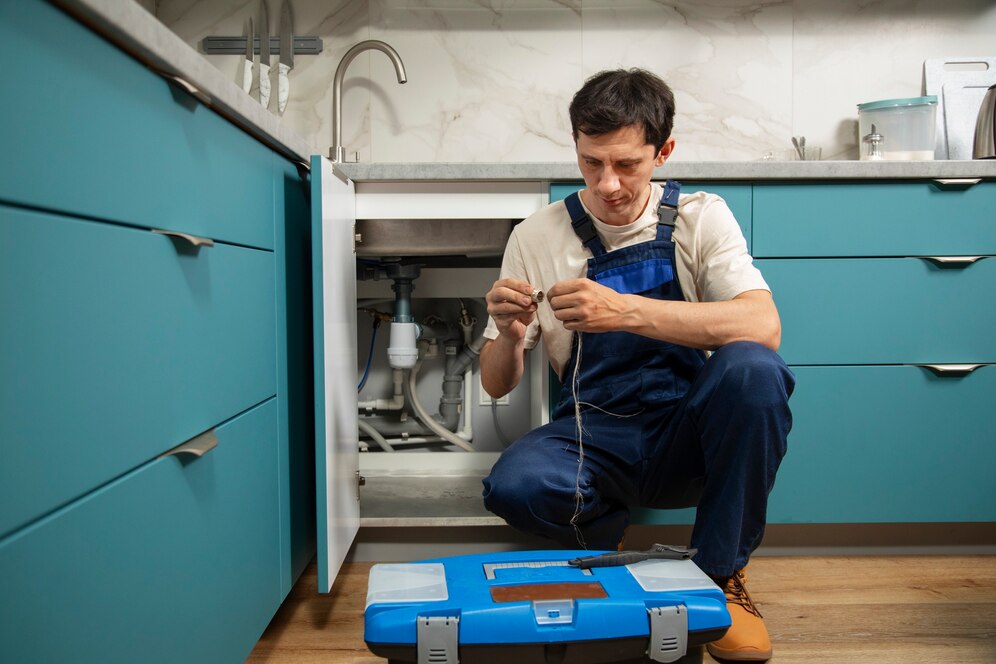Gas leaking from an HVAC unit usually has a devastating impact on you and your family members. When there is a gas leak, a dangerous carbon monoxide gas can start to fill your home and prove lethal if not restricted at the right time. While many reasons are responsible for gas leaking from an HVAC device, lack of maintenance or delayed gas line repair in Long Beach, CA, is the most prominent cause. So to steer clear of such issues, it is better to call professionals on time to take care of your HVAC units.
Seven Common Symptoms Of A Gas Leak
Below are some prevalent indications of a gas leak:
Rotten Egg Smell
Since natural gas is naturally odorless, gas companies add a substance compound mercaptan to it to assist in the identification of natural gas leakage. When there is a leak, the odor of rotten eggs or sulfur may begin to permeate your home. So if you notice a strong smell with a whooshing sound coming from a pipe, you have a gas leak in your home.
Vegetation Or Brown Grass
Brown and rusted landscape design is another commonly found gas leak symptom. Carbon monoxide will gradually replace the oxygen plants require to sustain during a primary gas leak. A gas leak could be to blame if you notice a drastic shift in your landscaping. In that case contact and expert plumber in Long Beach.
Lightheadedness
Natural gas robs the nervous system of the oxygen it requires to function correctly. As a result, many people would feel dizzy after extended exposure to natural gas. So in case of a gas leak, moving outdoors or into a well-ventilated area is the best choice.
Nausea
Feeling sick is a common symptom of illness, and it can have a variety of causes. If you or your family members begin to feel queasy simultaneously, this is most likely the result of a gas leak.
Painful Eye Irritation
Natural gas can cause dryness, soreness, and irritation of the eyes. The natural response is to massage the eyes to soothe the eye irritation, which often aggravates the situation.
Bubble Test
The bubble test is a simple way to determine if you have a gas leak. It is also applicable to anything containing pressurized gas, such as tires, inner tubes, and gas canisters. Furthermore, you may have a buried gas leak if you notice bubbles forming in damp environments around your home.
Hissing Noise
You may have a gas leakage issue if you hear a hissing noise near your gas pipelines. A hissing sound usually indicates a significant leak. Thus, if you hear hissing near your air conditioner, it could be a leaking refrigerant line, a leakage valve, or a faulty combustor.
If you are lately experiencing the signs of a gas leak at your place, it is time to call professionals for your gas leak repair in Gardena, CA. At Power Pro Plumbing, we are one of the leading HVAC and plumbing companies and our professionals are there to help you save money on all your repair issues. For more details, call us at (833) 212-2124 or drop your queries at [email protected].










